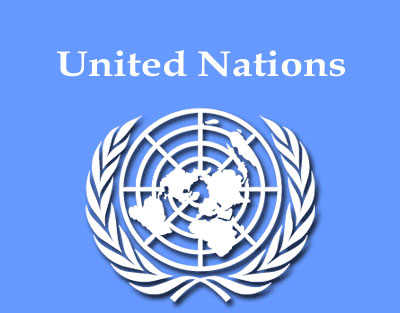
RNA - Ismail Ould Cheikh Ahmed issued the warning in an address to the UN Security Council on Wednesday.
Referring to Monday's deadly bombing in the city of Aden, he said Daesh and al-Qaeda "continue to wreak havoc in significant parts of Yemen." The bomb attack on a military compound, which was claimed by Daesh, left at least 70 people dead and dozens more injured.
“The absence of the state in many parts of Yemen, in addition to the chaos created by war, will continue to facilitate the expansion of these terrorist groups which represents a real threat to the region,” the UN envoy said.
Three months of negotiations in Kuwait between delegates form the Houthi Ansarullah movement and Saudi-backed loyalists to the resigned Yemeni president, Abd Rabbuh Mansur Hadi, ended without a breakthrough earlier this month. The talks were held against the backdrop of a shaky ceasefire that began in Yemen on April 10.
The UN official said the breakdown in the discussions triggered a "dangerous escalation in military activities."
US Secretary of State John Kerry said last week that Washington, the Persian Gulf Arab states and the UN had agreed on a proposal to restart peace talks with a goal of forming a unity government in Yemen that will include the Houthis.
In his Wednesday remarks, the UN envoy stressed that a return to a ceasefire was "critical" to renewing the negotiations between Yemen's warring sides.
A new truce will "spare Yemen the further loss of life, allow the increased flow of humanitarian assistance and generate much needed confidence for the negotiation of a comprehensive and peaceful solution," he stated.
The UN official further noted that a new ceasefire should include "a full end to all military activities by land, sea or air, and using any kind of weapon."
Yemen has seen almost daily military attacks by Saudi Arabia since late March 2015, with the UN putting the toll at 10,000. The offensive was launched to crush the Houthi Ansarullah movement and its allies and reinstate Hadi.
The Houthis took state matters in their own hands after the resignation and escape of Hadi, which threw Yemen into a state of uncertainty and threatened a total security breakdown there.
Daesh terrorists and al-Qaeda militants have been exploiting chaos in parts of Yemen to carry out terror attacks.
111/847/C